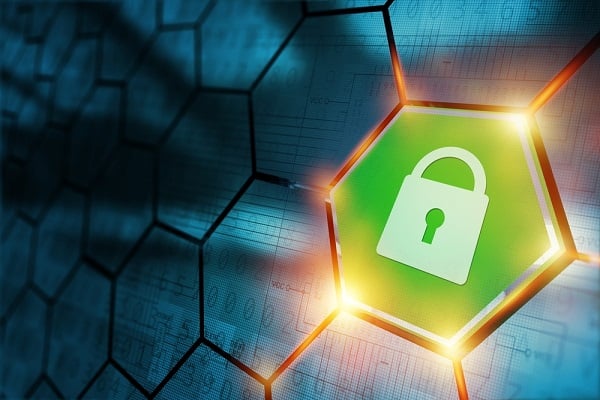 Virtual meeting site Zoom, which has skyrocketed to prominence in just a short amount of time, is a prime example of cybercriminals capitalizing on the current situation. (Photo: Getty)
Virtual meeting site Zoom, which has skyrocketed to prominence in just a short amount of time, is a prime example of cybercriminals capitalizing on the current situation. (Photo: Getty)
Millions of Americans who are self-quarantining or working from home to curb the spread of COVID-19 coronavirus could be putting themselves at risk of acquiring another type of virus that, while not deadly, can wreak serious havoc on their lives. In addition to the usual phishing scams and seasonal tax-related scams consumers have to be on the watch for, the current situation presents opportunities for new scams.
"Crises are a breeding ground for nefarious criminals," says Emily Rose, senior vice president of business solutions for LegalShield and IDShield. "As the need to stay at home increases, people are increasingly turning to the internet for work, shopping and entertainment–amplifying the need to protect their identities as well as their online privacy. Cybercriminals are taking advantage of the increased influx of remote workers and are hacking into remote conferencing services and have even found ways to infiltrate home routers, oftentimes redirecting victims to fake COVID-19 themed websites that push malware."
Related: Cyber threats increase as coronavirus drives more employees to work from home
Virtual meeting site Zoom, which has skyrocketed to prominence to meet the need for virtual social interactions among employers, educators and family and friends, is a prime example of cybercriminals capitalizing on the current situation. Hackers have found ways to exploit program vulnerabilities to virtually take control of a users' computer and access their personal information, as well as install malware or spyware.
Zoom is working quickly to identify and patch the security bugs, but that's not the only vulnerability consumers need to be aware of. Here are a few to watch for, according to IDShield director of product Allen Spence:
- Impersonating health care professionals. "Be cautious of unexpected emails claiming to be from health professionals," Spence says. "Do not click on any links. Always go to the alleged organization's official website if you want more information."
- Fake work-from-home jobs. "Fake employers are having members provide personally identifiable information like SSN and some are asking for a fee, some are asking for bank account information to provide direct deposit of paychecks."
- Stimulus check scams. "Hackers are asking people for their online account credentials to deposit stimulus check. Scammers are asking for PayPal account information, SSN, and bank account number."
- Donation/charity scams. "Do your proper research to make an informed decision before picking out a charity. Be cautious of causes that demand you pay only with cash, money order, or gift cards."
- Virus-fighting product claims. "Avoid products that specifically claim to be effective against the coronavirus. There currently aren't any approved products available to treat or prevent the virus, so allegations to the contrary could be a red flag."
With so many employees working remotely, it's important that employers ensure they are taking proper steps to protect company information as well as employees' personal information.
"Employees need to be vigilant about not only their physical health but also their digital and financial health during these unprecedented times," Rose says. "Identity theft protection plans are a valuable tool that employers can provide to their employees, as a benefit that can help lend peace of mind and financial wellness protection."
Read more:
© 2025 ALM Global, LLC, All Rights Reserved. Request academic re-use from www.copyright.com. All other uses, submit a request to [email protected]. For more information visit Asset & Logo Licensing.








